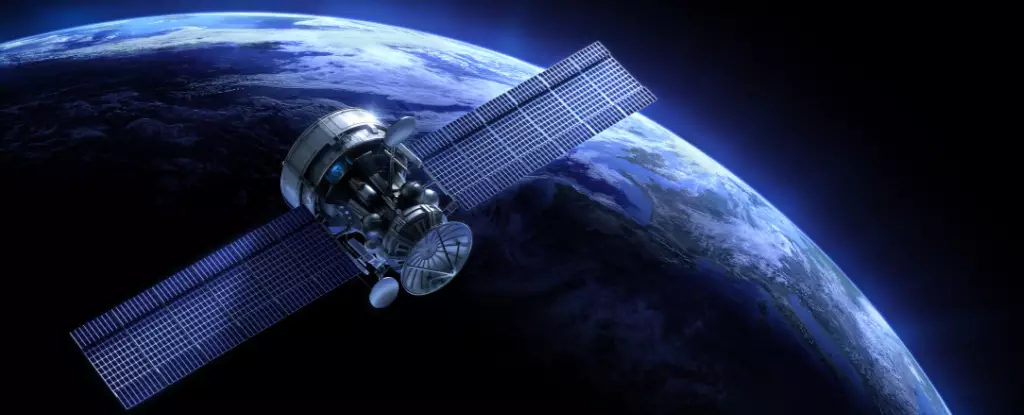Space debris has become a growing concern, as the number of satellites and space missions continues to increase. In a milestone decision, US authorities have imposed a $150,000 fine on satellite television provider Dish for failing to properly deorbit a satellite named EchoStar-7. This is the first-ever fine issued for space debris and highlights the need for strict compliance with disposal regulations. However, Dish has expressed disagreement with the Federal Communications Commission (FCC) over the enforcement of disposal requirements. This article delves into the details of the case and the implications it has for the future of space debris management.
EchoStar-7, a geostationary satellite that had been in orbit since 2002, reached the end of its operational life. Dish was responsible for disposing of the satellite in accordance with the agreed-upon terms. However, the FCC determined that Dish had moved the satellite to a lower altitude without proper authorization, potentially causing orbital debris concerns. The commission stated that Dish had initially committed to elevating the satellite to an altitude of 300 kilometers but retired it at an altitude just above 120 kilometers, due to fuel limitations.
The FCC, which regulates space-based telecom services, sees this enforcement action as a breakthrough in space debris management. The commission has been actively working on strengthening satellite policies and ensuring compliance with disposal obligations. Loyaan Egal, the chief of the FCC enforcement bureau, emphasized the need for operators to uphold their commitments as satellite operations become more prevalent and the space economy accelerates. The settlement with Dish includes an admission of liability, a compliance plan, and a penalty of $150,000.
In response to the FCC’s enforcement action, Dish has challenged the commission’s findings regarding orbital debris safety concerns. The company argued that the EchoStar-7 satellite, being an older spacecraft, was exempted from the FCC’s rule requiring a minimum disposal orbit. Dish also highlighted its track record of safely managing a large satellite fleet and underscored its commitment to fulfilling its responsibilities as an FCC licensee.
The issue of space debris has gained increasing attention from regulatory bodies worldwide. The Federal Aviation Administration (FAA) in the United States has announced its intention to tackle space debris by imposing disposal requirements on private companies. These requirements may involve returning upper stages of rocket launch vehicles to Earth’s atmosphere or moving them to less congested “graveyard orbits.” While the new regulation has yet to be definitively adopted, similar measures are already in place for government space missions.
Concerns and Risks
The accumulation of orbital debris poses significant risks to satellite operations and human spaceflight. The European Space Agency estimates that there are already over one million pieces of debris larger than a centimeter in Earth’s orbit, which could potentially disable spacecraft. Near-miss incidents and damages to critical space infrastructure have already occurred. With satellites playing a crucial role in various aspects of modern life, such as GPS, broadband, and banking data, the risk of collisions presents a real concern that must be addressed.
The FCC’s imposition of a fine on Dish for improper satellite disposal marks a significant milestone in space debris enforcement. As the number of satellites in orbit continues to rise, it is essential to ensure that operators comply with their disposal commitments. While Dish has called into question the specific findings of the FCC, the need for robust regulations and compliance in space debris management remains paramount. Moving forward, it is crucial for regulatory bodies and satellite operators to work together in safeguarding both the space environment and vital services on Earth.



Leave a Reply